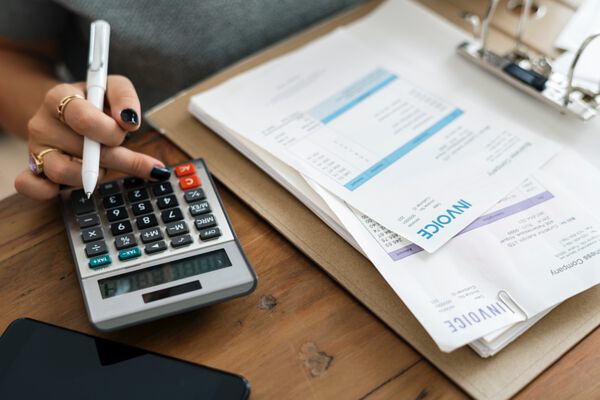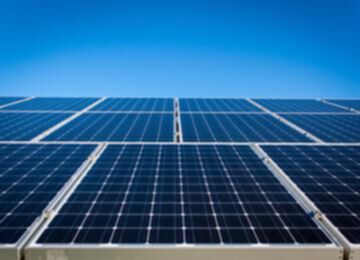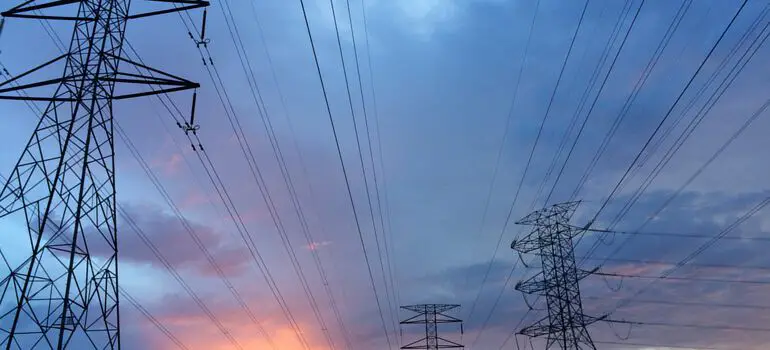The dream of living off grid, cutting off the utility bills, and returning to a freedom rarely found in our generation is one that many people have. But, it can be daunting to get started. That’s why I wrote this simple guide to get you started.
How to get completely off grid.
- Make a dream sheet
- Get your finances in order
- Learn and develop skills
- Tackle your dream sheet projects one by one
- Enjoy an ever increasing self-determination and confidence
In some ways living off grid is like other life goals, you need to take it step by step. There is no single product to buy, because living off grid means developing your knowledge and your skills while building up the tools you need to survive. The first step is to determine your dreams and set concrete goals.
A Beginners Guide to Going Completely Off Grid
Set Your Goals (Dream Sheet)
Whether you are just looking for “free” energy or you want to take the jump to live an independent lifestyle that doesn’t depend on public utilities and industrial food consumption to survive, you need to know exactly what lifestyle you are dreaming of living.
- Do you need to live in the city? Or can you move to the country?
- Are you willing to live minimally?
- Will you have a family?
- Which appliances do you really need?
- Are you willing to learn new skills and live “outside the box”?
The best way I know of to get yourself started on the right track is to sit down for an hour or two and dream out loud. Do this with your family if they are coming with you. Hit everything including:
- Where will our food come from? What is grown and what bought?
- Do you have livestock, pet, and wild animals on the property?
- Who works off property, and for how long?
- Who is managing the garden? Chopping wood?
- Will you be living rustically, or do you need every modern appliance?
This is a dream after all, so don’t be afraid to reach for the stars. Put everything could want down. Then work to organize it in to a list, chart, drawing, or what ever feels natural.
Most importantly, order each idea or aspect of your dream from most important to least important.
This can take some time, but it is essential in the end to avoid wasting time and money chasing the wrong dream

Get Finances in Place
Although living off grid can be low cost if you are willing to make concessions, you will certainly need some money to get started. Likewise, you can’t live completely free and clear if you have debts that need to be paid every month.
I recommend you start by looking at your monthly income and expenses. Make a budget and set a plan to pay off your debts and save money. This may involve cutting back a little and making small sacrifices, like eating out less or reducing entertainment expenses.
If you are serious about living off grid, you need to be disciplined and self-determined. And, this starts with putting your house in order as it is right now.
Don’t worry if you might need some time to get in the black financially, there is a lot you can do to start moving off grid in the mean time. But the sooner you get your finances in order, the better.
Practice and Develop Skills
Just because you don’t have your ideal property for living off grid, or even if you live a apartment or dorm, you can get started moving off grid right away.
The first step is identify skills that you need to develop to live your dream. Plan on growing your own food, then take a course on gardening, watch gardening videos on YouTube, and put down a few plants in the space you have.
Likewise, learn a little bit about canning. YouTube is always a great resource, buy a book like The Complete Guide to Pressure Canning, and start garage sale hunting for canning supplies. Better to learn these skills in the comfort of your own home before needing them in an off grid environment.
Take Your Projects Steps By Step
Once you have a dream sheet put together, a little cash to get started, and a bit of knowledge in the bank, you are ready to take massive steps forward. And the best way to make progress is step by step.
What I do is take each aspect of the off grid lifestyle of my dream sheet and cut it in to little projects that can be achieved in a few months.
Looking for off grid land. Give yourself a little project to research all the land in your area. Make a list. Prioritize assets and liabilities of each property. Then make the choice and cross this task off your list.
Sometimes what seems like a small project can take much longer than expected. Have no idea how to find the properties that you want. Cut this off in to a small task. Ask around, look online, call a real estate agent.
The most important things are to:
- Create measurable objectives and set deadlines for them
- Be realistic, and revise your plan when necessary
- Focus on the fewest details you can to move forward, and save everything else for later
- Keep consistent forward progress
- Take time to review and admire you work
How Much Does It Cost to Go Off Grid?
The biggest question beginner have is always: “How much does it cost?” This is fair but hard to answer because everyone has different goals and varying conditions:
How much does it cost for off grid land?
Land prices vary substantially across the country. In dry, remote areas of the country like Nevada and Western Oregon you can easily find property for less than $1,000 / acre. In forest areas near larger cities the price is commonly $10,000 / acre or more. These prices are for bare land with no wells, driveway, or on property utility access.
Generally the larger the plot of land, the lower per acre cost you can get. Also, plots that have any wells, buildings, or other improvements will cost more.
Be wary of extremely low cost land because they often come with complications like:
- no access
- large power lines or underground pipelines that run through the land
- zoning issues that make the land legally useless

How much does off grid solar cost?
Off grid solar costs depend on how much energy you use, and how much sun you get in your area. An common size system for a typical modern home is 10kW solar system which can be had for around $13,000 at the time of writing.
However, if you are willing to live a more modest lifestyle, a a small portable solar panel can be had for around $100. This would be enough to power led lights and small electronics in a sunny environment.
Of course you can scale the system to meet you specific needs and budget.
Off Grid Water / Well Cost
The typical way to get water off grid is with a well. Shallow wells are not legal in many states, but can be dug with hand tools and installed with hand powered pitcher pump ($65) and $30 - $50 of pipes from the local hardware store.
Professional well drilling can cost anywhere from $1,500 to $12,000 depending on the terrain and how deep the water is. There is no sure way to know if you will find water on your property and how deep, but asking the neighbors or looking up local well permits (often kept by the county or state government) can give you an idea.
If you have a spring or other source of surface water like a lake or stream, then you might consider if you can use that as a source of water. Any surface water may be contaminated, and is best to filter it before drinking. I like to use inexpensive and long lasting ceramic water filters, some of which can stand 10 years of constant use. There are also whole house water filters that proved much larger volume, but at more cost and complexity.
Off Grid Sewage / Septic Cost
On the simple end, a bucket style composting toilet can cost as little as $5 for a bucket and recycled toilet seat. Ready to go bucket toilets are also relatively cheap at $25 delivered. Empty these toilets in a “humanure” compost pile outside. (Read the Humanure Handbook for more info.)
Next up the ladder of expense is a self contained composting toilet, such as this Natures Head Toilet for about $1,000. These offer a more “refined” toilet experience, but still need to be emptied and composted periodically.
Typical homes that do not have city sewer available use a septic tank with your standard flush toilets. Septic system costs vary quite a bit depending on your location and the drainage of the soil you have on your property. A 3 bedroom system can vary from $1,500 up to $4,000 according to Zillow, and requires periodic pumping. You will also need a flush toiled, and running water which generally means a professionally drilled well(see above). Depending how handy you are with plumbing and this size of your system this can range from $1,000s to $10,000.
Related Questions
Is it possible to go completely off the grid?
Yes, it is possible and legal in the United States to live without a connection to power or any other public utility.
How can I get my house off the grid?
- Determine how much you currently use from the public utilities
- Cut out as much waste as possible, get rid of appliances, or invest in more efficient appliances
- Research alternate sources that meet your need
- Budget money for the equipment
- Hire an installer or buy a kit online and install yourself
Is living off the grid realistic?
Going “completely” off grid may be far fetched. But living independently with minimal external inputs was common for centuries and is achievable in modern times if you are flexible, dedicated, and willing to learn news skills.


